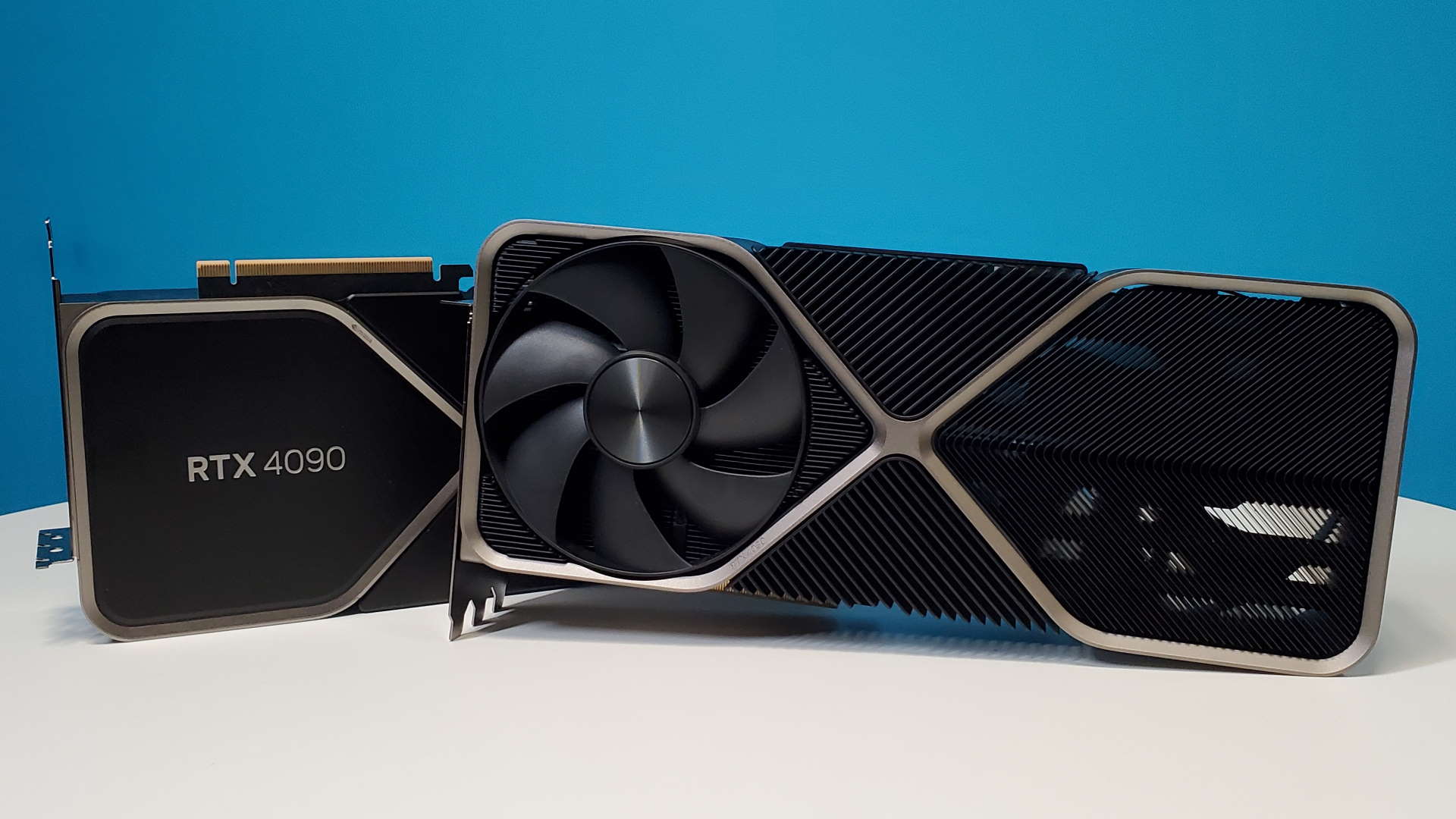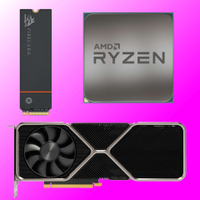Nvidia publishes workaround to the Discord bug hobbling GPU memory
Problem reported on Monday, fixed by Tuesday.

Owners of Nvidia GeForce graphics cards are reporting a bug that slightly hobbles GPU memory speeds when running the Discord instant messaging app. Reportedly, memory speeds are reduced by 200MHz.
That isn't a huge hit, but it's still suboptimal, especially as any reduction in memory frequencies is unwanted. The issue is thought to have first been identified by a user on the Linus Tech Tips forum.
On Monday, the poster noticed that the memory speed of their RTX 3060 Ti LHR (low hash rate) board dropped from 7,000MHz to 6,800MHz when Discord was running. Further investigation has revealed that the app is erroneously triggering a "CUDA - Force P2 State" lower power state in the graphics driver.
It's not thought any other element of Nvidia graphics cards are impacted, such as GPU core clock speed. Numerous posters on Reddit have confirmed the issue.
A drop from 7,000MHz to 6,800MHz isn't something you'd likely notice in terms of gaming performance. But lots of gamers use Discord in the background while gaming and the memory clockspeed drop is an unintended behaviour that needs fixing.
Happily, Nvidia has already done just that. In a knowledge base article published yesterday, Nvidia says an "over the air update" will be pushed to PCs at a later date, but in the meantime GPU owners can download the NVIDIA program GeForce 3D Profile Manager and follow the instructions here to resolve the issue.
Given the complexity of modern PCs and the huge size and scope of driver software, it's perhaps surprising that minor snafus like this aren't more common.
Keep up to date with the most important stories and the best deals, as picked by the PC Gamer team.
Whatever, this one seems to have been swiftly identified and fixed. But is a reminder to keep your scanners peeled for similar issues. And also to shut down background apps that you won't be using while gaming. You never know what might be kyboshing your GPU performance slightly.
Best CPU for gaming: Top chips from Intel and AMD
Best gaming motherboard: The right boards
Best graphics card: Your perfect pixel-pusher awaits Best SSD for gaming: Get into the game first

Jeremy has been writing about technology and PCs since the 90nm Netburst era (Google it!) and enjoys nothing more than a serious dissertation on the finer points of monitor input lag and overshoot followed by a forensic examination of advanced lithography. Or maybe he just likes machines that go “ping!” He also has a thing for tennis and cars.


